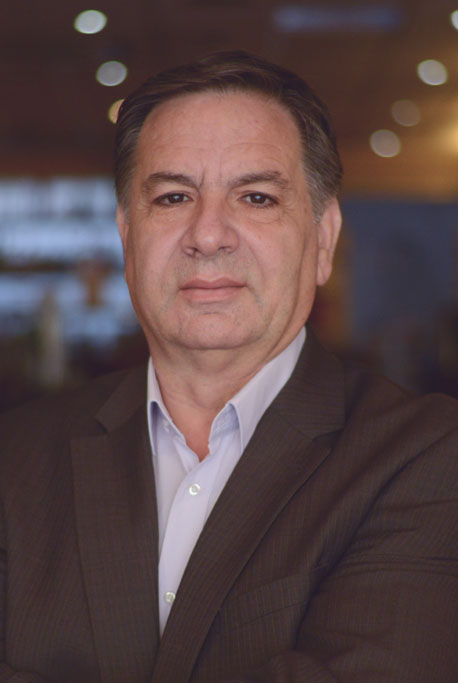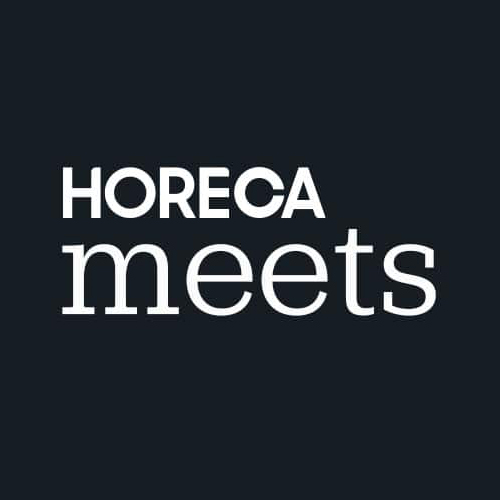

Lino Schembri
Chief Executive Officer
Q: Could you briefly describe your educational background and work experience?
A: I started my journey in the hospitality industry by working in a family bistro. However, I realised I had little knowledge about the operational side of running a catering business. I decided to take a few courses, including HACCP in Switzerland, obtaining a certification as a HACCP Expert. Then, I studied quality and obtained a certification in ISO 9001 as an auditor. I also completed a Masters in Food Safety Management Systems at UCLan in the UK as well as a Doctorate degree. I have taught at the University of Malta, the University of Central Lancashire. Currently, I teach Food Safety Management System at UCLan and consult on food safety issues in the industry.
Q: What drives your passion for the F&B industry?
A: Food is a medium that brings people together, and I believe it must be safe to enjoy it. I was intrigued by how to control the production of safe food in a complex operation with many suppliers implementing their own systems and practices. I specialise in controlling food allergies, which is critical for immunosuppressed clients. The 2014 EU regulation that mandates accurate ingredient information in food products made me realise the importance of food safety. It is my passion to ensure that everyone can safely dine in our eateries.
Q: Can you describe yourself and your work ethic using five words?
A: Reliable, unbiased, efficient, perfectionist, uncomplicated.
Q: Where do you see yourself in the next five years?
A: I would like to see quality assurance in restaurants implemented to ensure that clients are served well. This will build trust in our restaurants and their brands. It’s difficult to say where I see myself in five years, but I am sure that the next step in quality assurance will be achieved. I hope to continue working towards making the F&B industry a safer and better place for all.
Q: What has been the most rewarding experience in your profession?
A: Witnessing the growth of Chefs who have been influenced by my teachings or practices is a reward in itself. In terms of education, seeing a student I was mentoring achieve a doctorate degree is also rewarding. It means that my input was peer-reviewed and acknowledged as sound and valuable.
Q: What do you anticipate for the growth of the hospitality industry in the next 20 years?
A: It’s challenging to make predictions about a dynamic industry like hospitality. However, I hope that we can give importance to our local produce and transform our limitations into opportunities. This would attract a special kind of client who is ready to pay for quality that is evident. Despite being a small island, we can produce even better quality produce with limited resources.
Share this article
Facebook
Twitter
LinkedIn

